Hot Weather Advice for Seniors
The elderly are often very sensitive to the weather changes, especially the hot weather. Therefore, it’s important for the elderly to pay attention to diet, activities, and hot weather advice for seniors to avoid possible diseases.
Best hot weather advice for seniors
Heat-telated illnesses
Being hot for too long can cause several illnesses as follows:
-
Heat syncope: Occurs when you are active in hot weather. You tend to feel faint if you take a beta-blocker or are not used to hot weather. Find a cool place to rest, put your legs up, and drink water to release the dizziness.
-
Heat cramp: A painful contraction of the muscles in your abdomen, arms or legs . It can be due to hard work or exercise. Your body temperature can be normal during heat cramps, but your skin may be moist and cool. The best hot weather advice for seniors is cool your body down by sitting in the shade or in a cool place and drinking a lot of fluids.
-
Heat edema: A swelling in the ankles and feet when you are hot. Raise your legs to help reduce swelling. If that doesn't work quickly, check with your doctor.
Follow hot weather advice for seniors
-
Heat exhaustion: A sign that your body can’t no keep itself cool any more. You may feel thirsty, dizzy, and sweat a lot. Though your body temperature may be normal, you may feel cold and clammy. Those with heat exhaustion have a rapid pulse, so they should rest in cool and get lot of water. In a worse case, it’s best to get medical care. Don’t take heat exhaustion lightly as it can progress to heatstroke.
Heat Stroke—A Medical Emergency
If you have heatstroke, the best hot weather advice for seniors is get medical help immediately. Older people living in homes or apartments without air conditioning or fans are at the most risk. People who become dehydrated or those with chronic diseases or alcoholism are also at the most risk. Signs of heatstroke are:
-
Fainting (possibly the first sign) or becoming unconscious
-
A change in behavior—confusion, agitation, staggering, being grouchy, or acting strangely
-
Body temperature over 104°F (40°C)
-
Dry, flushed skin and a strong, rapid pulse or a slow, weak pulse
-
Not sweating even if it is hot
Who Is at Risk?
Each year, most people who die from hyperthermia are over 50 years old. Health problems that put you at greater risk include:
-
Heart or blood vessel problems
-
Poorly working sweat glands or changes in your skin caused by normal aging
-
Heart, lung, or kidney disease, as well as any illness that makes you feel weak all over or results in a fever
Stay healthy with hot weather advice for seniors
-
Conditions treated by drugs, such as diuretics, sedatives, tranquilizers, and some heart and high blood pressure medicines; they may make it harder for your body to cool itself
-
Taking several prescription drugs; ask your doctor if any of your medications make you more likely to become overheated.
-
Being very overweight or underweight
-
Drinking alcoholic beverages
To minimize the risk, just hot weather advice for seniors.
How Can I Lower My Risk?
Older people can have a tough time dealing with heat and humidity. The hot temperature inside or outside put the old at risk for a heat-related illness such as headache, confusion, dizziness.
Here is how to keep heat-related illnesses from becoming a dangerous heat stroke:
-
If you live in a home or apartment without fans or air conditioning, try to keep your house as cool as possible. When it comes to hot weather safety for older adults, it’s important to limit the use of the oven. Keep your shades, blinds, or curtains closed during the hottest part of the day. Open your windows at night.
-
If your house is hot, try to spend time during mid-day someplace that has air conditioning—for example, go to the shopping mall, movies, library, senior center, or a friend’s house.
-
If you need help getting to a cool place, ask a friend or relative. Some religious groups, senior centers, and Area Agencies on Aging provide this service. If necessary, take a taxi or call for senior transportation. Don’t stand outside in the heat waiting for a bus.
Hot weather advice for seniors
-
Another hot weather advice for seniors is dress for the weather. Some people find natural fabrics, such as cotton, to be cooler than synthetic fibers.
-
Don’t try to exercise or do a lot of activities outdoors when it’s hot.
-
Avoid crowded places when it’s hot outside. Plan trips during non-rush-hour times.
-
Avoid the sun and get into a cool place.
-
Drink a lot of fluids, water but avoid Stay away from drinks containing alcohol or caffeine.
-
Shower or bathe with cool water.
-
Hot weather safety for older adults: Visit your doctor if you don’t cool down quickly.
-
On hot days, drink more water than usual. Hot sun makes people sweat more, so drink water before feeling thirsty to avoid dehydration.
-
If you have to work outdoors or exercise, drink 2-4 glasses of water per hour, do not supplement with soft drinks or alcoholic beverages.
-
Handle suspected hot diseases, it is necessary to put the patient in a cool place, lie down, drink water, cool the skin by applying wet cloths to the skin area.
-
Hot weather advice for seniors: They should not go out in hot weather. If the elderly have symptoms such as cramps, headache, nausea, call for help immediately.
View weather forecast
Regularly update weather news to know if the temperature is rising up or a storm alert is in effect, or you are at risk of a heat-related illness. Remember to check the weather report before you go outside.
Hot weather advice for seniors you may not know
A Senior Visit
It’s recommended to pay a daily visit to older relatives and neighbors during hot weather. Remind them to drink lots of water or juice. If there is a heatwave, offer to help them go cool places such as air-conditioned rooms.
Conclusion
The most important thing to protect health in this inclement weather is that each person needs to increase awareness of preventing illness. Hope these hot weather advice for seniors help them protect their own health.
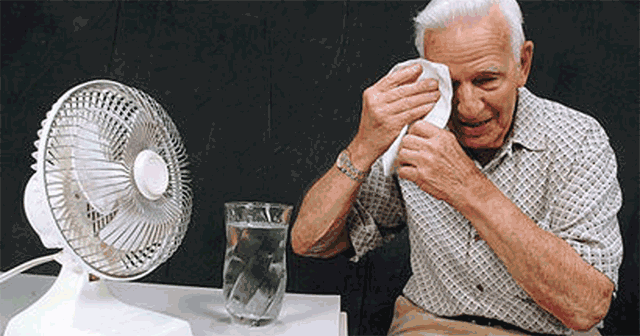
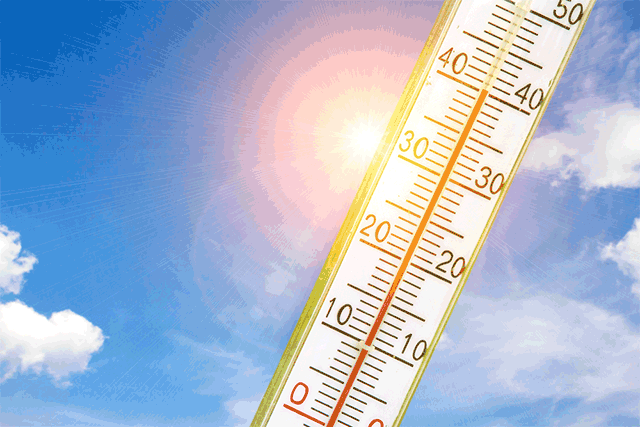
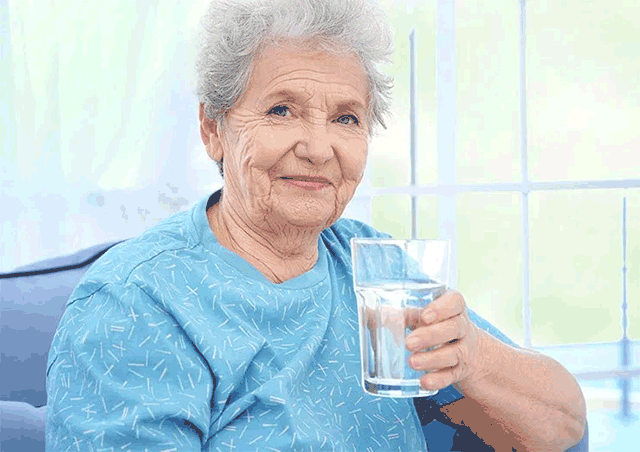
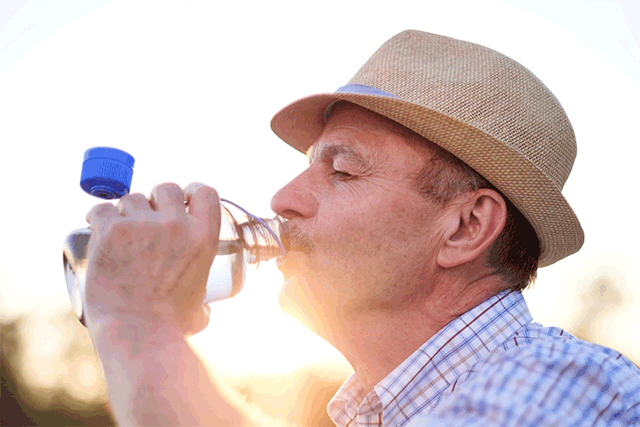
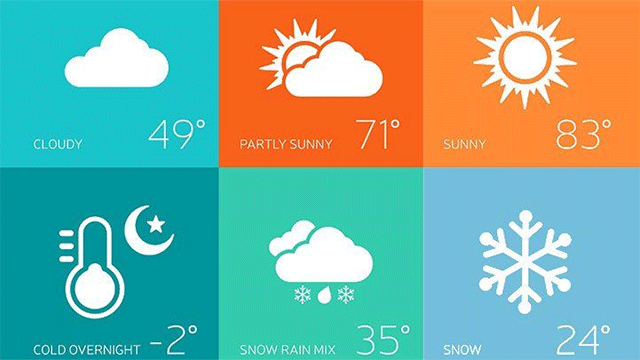
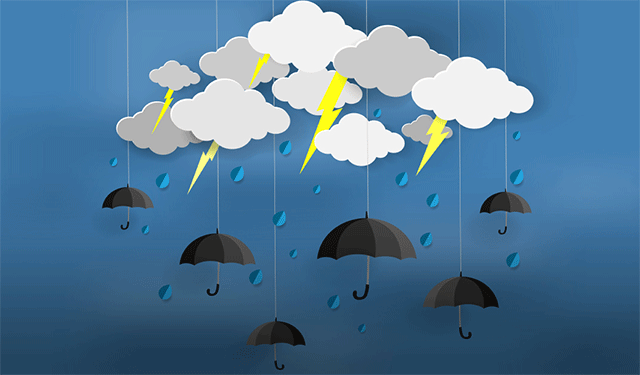








0 Comments
Leave a Comment
Your email address will not be published. Required fields are marked *